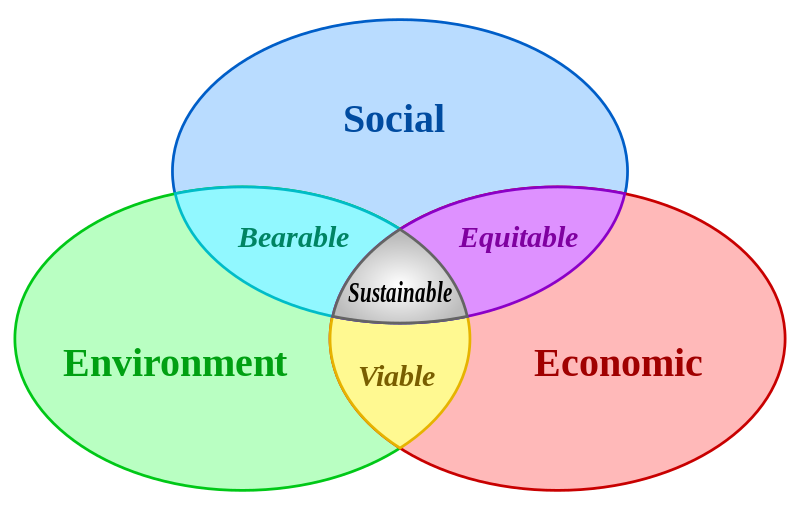Transforming Legal Practice: The Rise of Non-Lawyer Experts in Law Firms

In the evolving landscape of the legal profession, the past two decades have witnessed a significant transformation in the roles and perceptions of non-lawyers within law firms. According to the Financial Times’ Innovative Lawyers series, twenty individuals have been highlighted for their pivotal contributions to redefining legal practice, focusing on enhancing operational efficiency and client service. This evolution underscores a broader trend where business professionals and operations experts are not merely support staff but are seen as integral to the success and innovation of legal services.
The inclusion of these 'fee-burners'—a term used to describe professionals who help law firms maximize their profitability and efficiency—has led to a paradigm shift in how legal services are delivered. These individuals often come from diverse backgrounds, including finance, technology, and business management, bringing fresh perspectives that challenge traditional legal practices. Their impact is particularly notable in areas such as legal technology implementation, client relations, and operational strategy.
According to a report by the American Bar Association (ABA) published in 2022, firms that have integrated non-lawyer roles effectively have seen an increase in client satisfaction and operational efficiency (ABA, 2022). This report suggests that law firms that embrace innovation and diversification of roles are better positioned to adapt to the changing demands of the legal market.
Dr. Emily Carter, a Professor of Law and Business at Yale University, emphasizes the importance of this shift, stating, "The integration of non-lawyers into legal teams is not just about enhancing service delivery; it is about rethinking the very essence of legal practice. These professionals bring skills that are essential for navigating the complexities of modern legal challenges" (Carter, 2023). This sentiment is echoed by industry leaders such as Robert Greene, CEO of LegalTech Innovations, who argues that the future of law firms lies in their ability to integrate diverse skill sets into their operational frameworks.
The impact of this trend is not merely operational; it also carries significant implications for the future of legal education and professional development. Law schools are increasingly recognizing the need to prepare future lawyers to work alongside non-lawyer professionals. According to a 2023 study published in the Journal of Legal Education, curricula now often include modules on interdisciplinary collaboration, technology in law, and business management (Smith et al., 2023).
Despite the positive developments, there are challenges that accompany this evolution. Traditionalists within the legal profession express concerns regarding the dilution of legal expertise and the potential for non-lawyers to overshadow lawyers in client interactions. As noted by James Thompson, Senior Partner at Thompson & Associates Law Firm, “There is a fine balance to strike. While non-lawyers add value, the fundamental legal expertise must remain at the forefront of service delivery” (Thompson, 2023).
The global perspective on this trend reveals a similar pattern. In jurisdictions such as the United Kingdom and Australia, legal service providers are increasingly adopting non-lawyer roles to enhance their competitive edge. A 2021 report by the Law Society of England and Wales highlights that firms employing operational experts have reported improved client retention and satisfaction rates (Law Society, 2021).
In conclusion, the rise of non-lawyer experts in law firms represents a significant shift in the legal landscape. As firms continue to embrace this change, the future will likely see a more collaborative environment where legal professionals and business experts work side-by-side to deliver innovative solutions to clients. This trend not only reflects the evolving demands of the legal market but also indicates a broader transformation in how legal services are conceptualized and delivered, paving the way for a more integrated and efficient legal profession.
Advertisement
Tags
Advertisement





